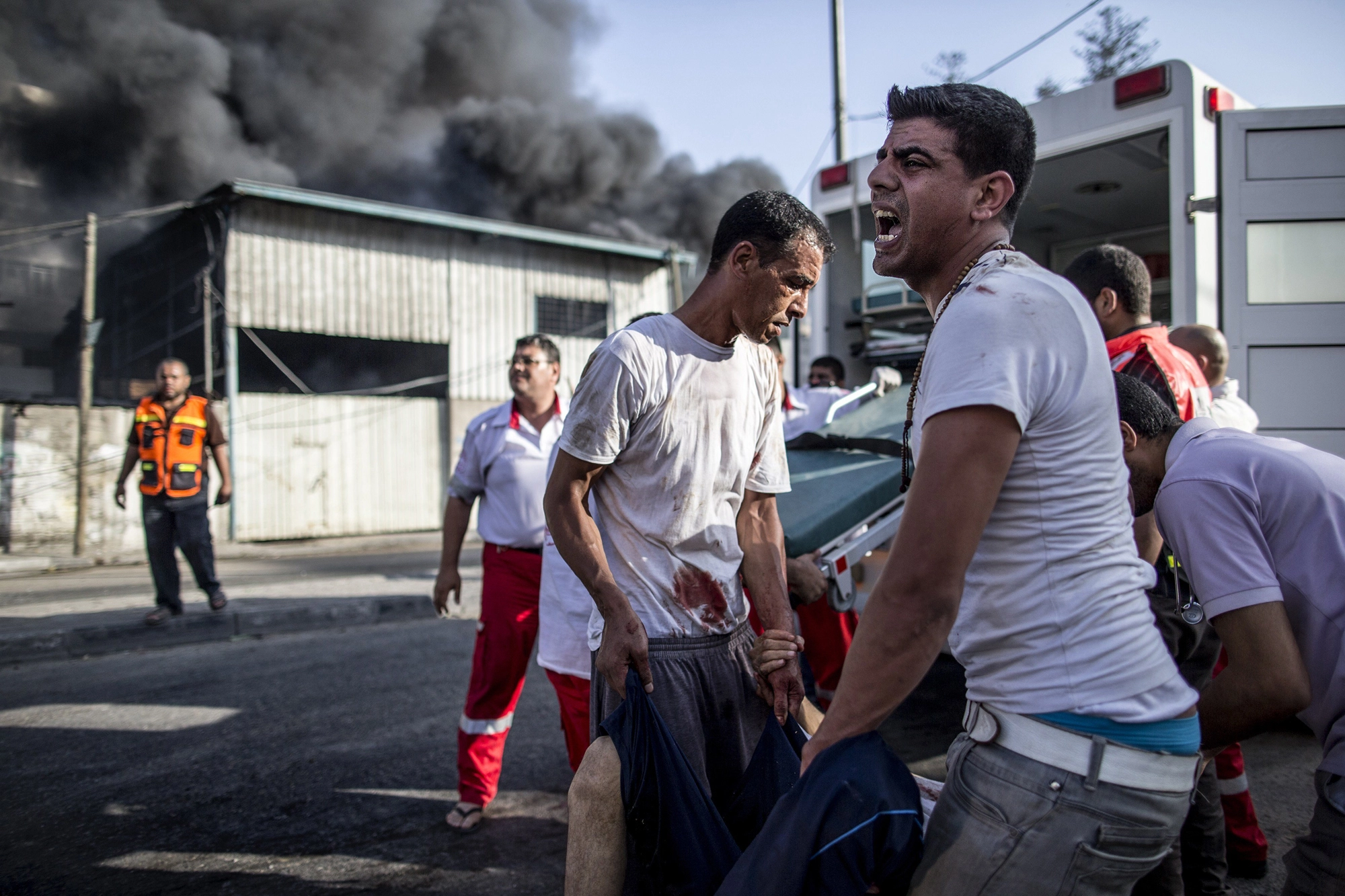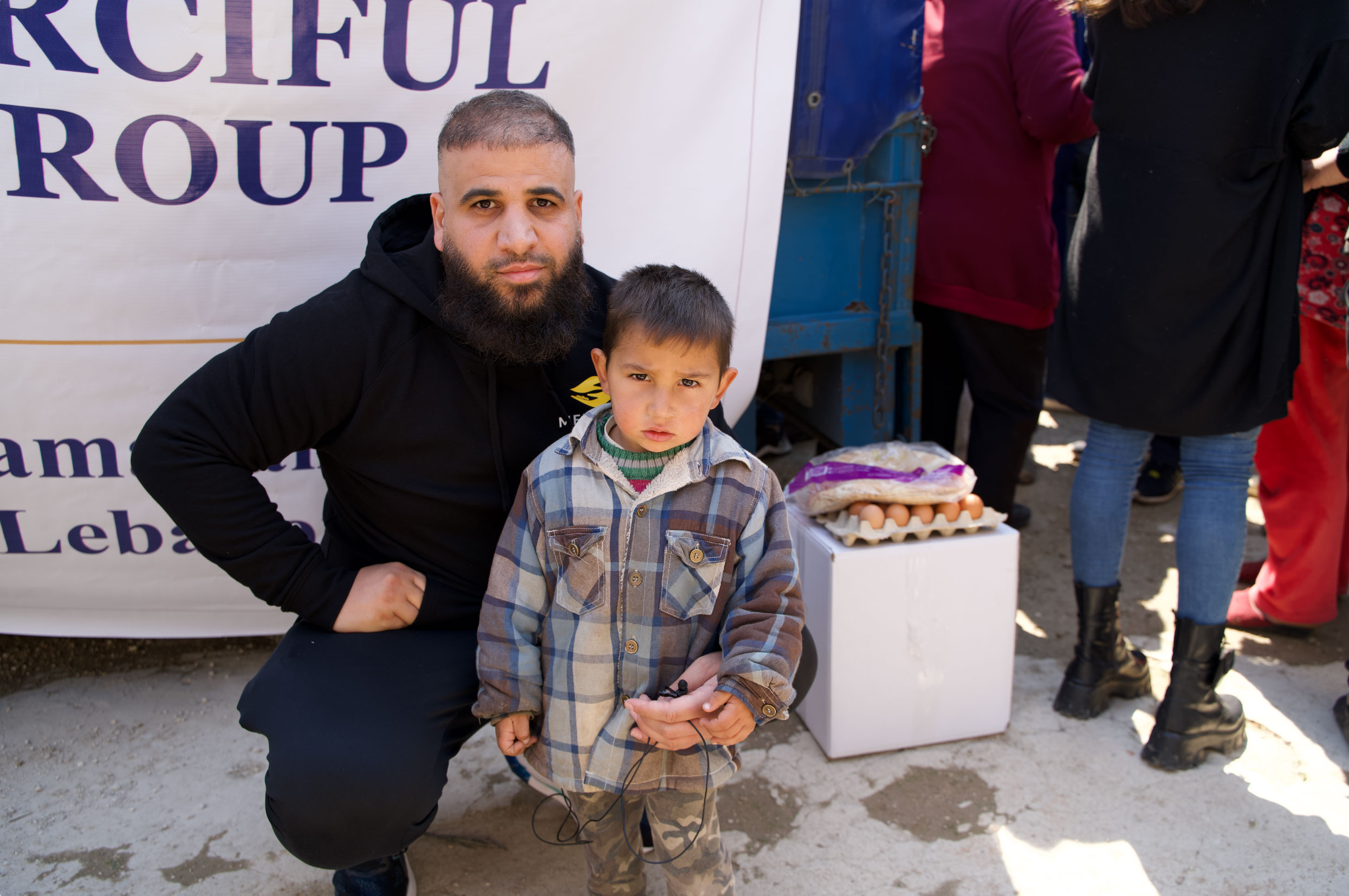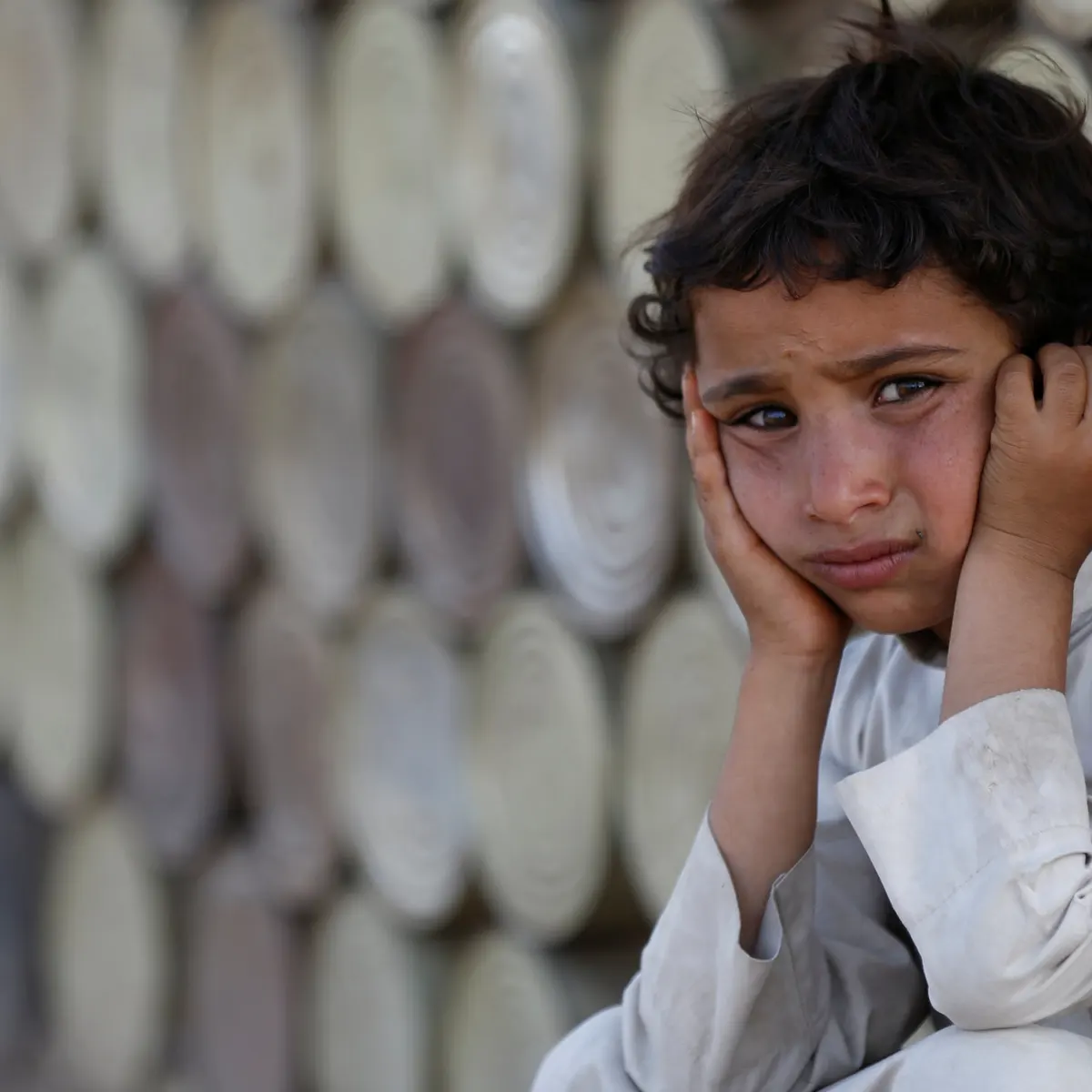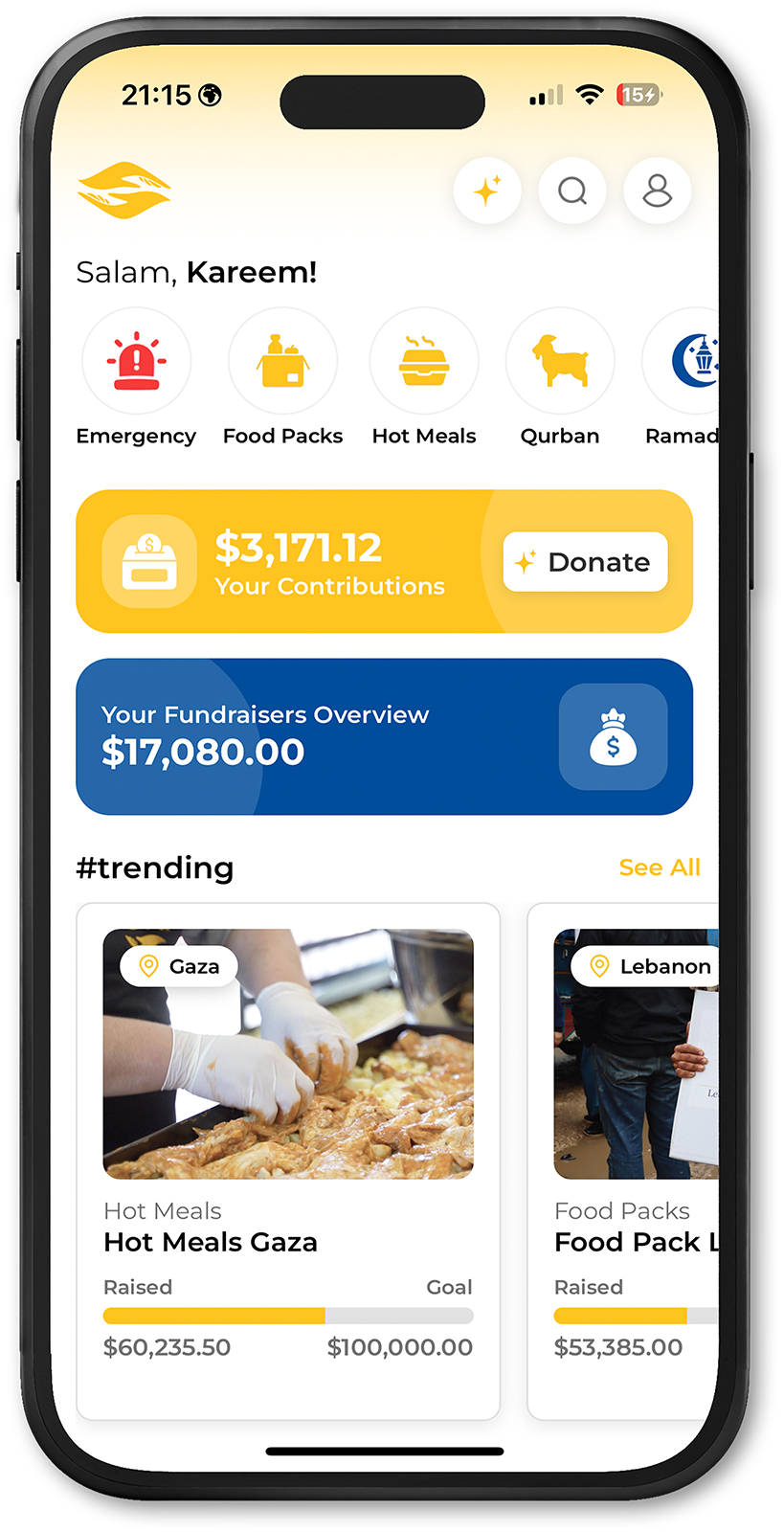No products in the cart.

Donations
Do You Hear Gaza’s Plea for Help?
Gaza – a meagre 140 square miles of land – is one of the most
Lebanon has a series of disasters which range from financial crisis, to lack of food, clean-safe drinking water, as well as medical attention and medical supplies.
More than half of Lebanon’s population is facing a food crisis and having access to basic foods is now a challenge for them. Observers say; Lebanon is going through its worst financial crisis since its independence in 1943 and the Beirut port explosion in early August has only intensified its tribulations. Almost 60% of people in Lebanon struggle to get enough food as the basic foodstuffs are unaffordable for the average Lebanese family. Lebanon relies on 85 percent of imports for its food needs however, due to their economic downfall and the strain it has put on Lebanon, it has become almost impossible to provide the basic foods to the people of Lebanon. The country’s largest grain storage, the Silo at Beirut Port was responsible for storing tons of wheat reserves at any given time because the people of Lebanon were consuming approximately 26,000 tons of wheat on a monthly basis. Unfortunately, the Silo at Beirut Port has been demolished due to the massive port explosion that took place on August 4th leaving Beirut in an even more dire need of food supplies.
The Beirut port explosion that tore through and destroyed the city on August 4th has left immense pressure on a health system that is already in crisis. Experts say; the blast that destroyed large parts of Beirut was one of the biggest non-nuclear explosions in history. Beirut’s major hospitals and at least half of the city’s clinics are no longer functional which leaves many of the people in Lebanon exposed to serious health concerns. Not only was Lebanon already in need with regards to their health system but now they are in more need than before. Medical attention and supplies have been drastically affected for the people of Lebanon and has left many families in a desperate state, especially the people that were injured due to the Beirut blast. The people of Lebanon are in urgent demand with regards to their health system which includes medical attention and medical supplies as well as clean safe drinking water.Lebanon’s severe water shortage affects approximately 1.6 million people in Beirut where the poorest neighbourhoods’ residents have access to drinking water for only a few hours per day. The lack of safe drinking water and sanitation in Lebanon is an increasing concern and needs to be addressed as soon as possible because when the people of Lebanon don’t have access to safe drinking water and sanitation, then there is a risk of water-borne diseases, especially now since the covid19 outbreak. Not only is the covid19 outbreak a factor in regard to having safe and clean drinking water in Lebanon but also the Beirut explosion that took place on August 4th has left majority of the neighbourhood’s in urgent need of safe drinking water and sanitation. The people of Lebanon must have this necessity of clean safe drinking water if they are to survive through their many calamities.
During this awful disaster in Lebanon, the Lebanese victims were fortunate to have wonderful helping hands from all around the world, like Islamic Relief, Red Cross and Merciful Group providing them with aid in many different ways.

Gaza – a meagre 140 square miles of land – is one of the most

Lebanon is multidimensionally poor; not only are its people economically struggling, but they are also

War is raging in Yemen, and most of the world doesn’t seem to care. The
This option includes all items in a food pack + Hygiene pack




A better way to give, track, and manage your donations—all in one place.